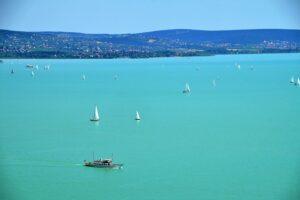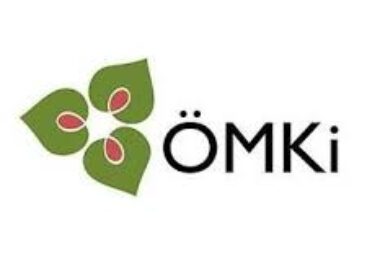Microplastics and drug residues can be detected in Lake Balaton
For the first time in the history of Lake Balaton, it has been confirmed that various microplastics are present in the lake, and drug residues can also be associated with them – the Hungarian University of Agriculture and Life Sciences (MATE) announced on Wednesday to MTI.

(Photo: Pixabay)
They wrote that microplastic loads in ecosystems have become a cause of increasing concern in the last decade, because these tiny polymers can cause acute and chronic effects in algae, as well as in invertebrates and vertebrates. It is also becoming more and more obvious – they added – that pollutants of human origin (such as drug residues, polycyclic aromatic hydrocarbons and active ingredients of plant protection products) can also attach to the surface of microplastics, and this can further strengthen the toxic effect of the substances and their enrichment in living organisms and the food chain. In the announcement, they referred to a study published in the journal Science of the Total Environment by MATE and ELKH Balaton Limnological Research Institute, according to which the 50-100 micrometer (?m) microplastics in Balaton can enter the alimentary canal of the large water flea.
Pollution changes aquatic life
During the tests, experts from the MATE Aquaculture and Environmental Safety Institute, ELKH Balaton Limnological Research Institute and Eurofins Analytical Services Hungary Kft. identified seven types of polymers in the size range of 50-100 ?m, of which polypropylene and polyethylene particles were the most common. Regardless of the type, an average of 5.5 of them occurred per 1,000 liters, which is similar to the values measured in European lakes. The research group was also able to prove that polystyrene and polyethylene alone, and together with some contraceptive residues, cause behavioral and biochemical changes in the individuals of the large water flea. Based on the new results and experience, the specialists of MATE and Eurofins Kft. are looking for additional micropollutants of anthropogenic origin that can be proven to bind to the surface of microplastics in an aqueous environment – read the university’s announcement.
MTI
Related news
The Balaton House of the Year awards were presented
🎧 Hallgasd a cikket: Lejátszás Szünet Folytatás Leállítás Nyelv: Auto…
Read more >Organic Agricultural Research Institute: Hungarian apples are safe
🎧 Hallgasd a cikket: Lejátszás Szünet Folytatás Leállítás Nyelv: Auto…
Read more >Related news
Tourism Business Index: improving sentiment, but the sector remains in the red
🎧 Hallgasd a cikket: Lejátszás Szünet Folytatás Leállítás Nyelv: Auto…
Read more >Lamb Days – Gastronomic Adventure is coming again on March 28–29!
🎧 Hallgasd a cikket: Lejátszás Szünet Folytatás Leállítás Nyelv: Auto…
Read more >








